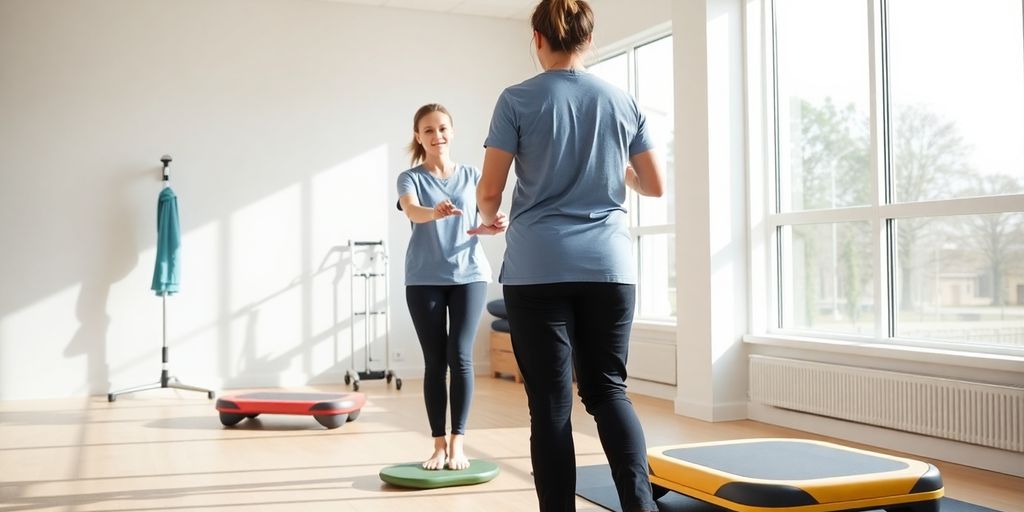Recent research has unveiled significant advancements in the rehabilitation of traumatic brain injury (TBI) patients, particularly highlighting the role of sleep in enhancing motor learning. Studies conducted by the Kessler Foundation have demonstrated that short naps can lead to improved motor skills and brain function in individuals recovering from TBI.
Key Takeaways
- Naps Enhance Motor Learning: A 45-minute nap after motor training significantly improved performance in TBI patients compared to those who remained awake.
- Sleep Automates Motor Tasks: Functional MRI data indicated reduced brain activation in key areas, suggesting that napping helps automate motor sequences, facilitating smoother retrieval of learned skills.
- Rehabilitation Implications: Incorporating napping protocols into rehabilitation programs could maximize the effectiveness of motor skill training for individuals with brain injuries.
The Role of Sleep in Motor Learning
A groundbreaking study published in the Journal of Sleep Research explored the neural mechanisms behind sleep-dependent motor learning in TBI patients. The research involved 32 individuals who were randomly assigned to either a sleep group, which took a 45-minute nap, or a wake group, which watched a documentary after motor training.
Results indicated that those who napped exhibited significant gains in motor performance, with corresponding changes in brain activity. Lead researcher Dr. Anthony H. Lequerica emphasized the importance of sleep, stating, "This study highlights the power of sleep, even a short nap, in enhancing motor learning for individuals with brain injury."
Implications for Rehabilitation Strategies
The findings from this research suggest that integrating napping into rehabilitation programs could be crucial for optimizing recovery. By decreasing activation in brain regions such as the anterior cingulate and cerebellum, napping may facilitate a more efficient retrieval of learned motor sequences, which is essential for regaining functional abilities.
Innovative Research in TBI Treatment
In addition to sleep studies, innovative research is being conducted to improve treatment options for TBI. Jamil Muradov, a PhD candidate at Dalhousie University, is investigating unusual brain patterns that emerge after traumatic injuries. His work, supported by the Killam International Research Award, aims to identify these patterns and develop pharmacological interventions to prevent long-term complications.
Muradov's research utilizes advanced techniques like 2-photon microscopy to study how blood vessels behave in conditions associated with brain injury. His goal is to repurpose existing medications, such as memantine, to treat concussion complications effectively.
Conclusion
The advancements in understanding the role of sleep and innovative research approaches are paving the way for improved rehabilitation strategies for TBI patients. As researchers continue to explore these avenues, the potential for enhancing recovery and quality of life for individuals affected by traumatic brain injuries becomes increasingly promising.
Sources
- Brain injury rehabilitation study reveals neural mechanisms of sleep-dependent motor learning, Medical Xpress.
- Naps Enhance Motor Learning in Traumatic Brain Injury Patients | Sleep Review, Sleep Review.
- Unlocking a better treatment for traumatic brain injuries - Dal News - Dalhousie University, Dalhousie University.
- Study reveals the power of sleep in enhancing motor learning for individuals with brain injury, MSN.








